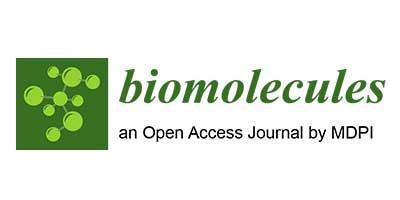
Immune checkpoints, such as programmed death-ligand 1 (PD-L1), limit T-cell function and tumor cells use this ligand to escape the anti-tumor immune response. Treatments with monoclonal antibodies blocking these checkpoints have shown long-lasting responses, but only in a subset of patients. This study aims to develop a Nanobody (Nb)-based probe in order to assess human PD-L1 (hPD-L1) expression using positron emission tomography imaging, and to compare the influence of two different radiolabeling strategies, since the Nb has a lysine in its complementarity determining region (CDR), which may impact its affinity upon functionalization. The Nb has been conjugated with the NOTA chelator site-specifically via the Sortase-A enzyme or randomly on its lysines. [68Ga]Ga-NOTA-(hPD-L1) Nbs were obtained in >95% radiochemical purity. In vivo tumor targeting studies at 1 h 20 post-injection revealed specific tumor uptake of 1.89 ± 0.40%IA/g for the site-specific conjugate, 1.77 ± 0.29%IA/g for the random conjugate, no nonspecific organ targeting, and excretion via the kidneys and bladder. Both strategies allowed for easily obtaining 68Ga-labeled hPD-L1 Nbs in high yields. The two conjugates were stable and showed excellent in vivo targeting. Moreover, we proved that the random lysine-conjugation is a valid strategy for clinical translation of the hPD-L1 Nb, despite the lysine present in the CDR.
